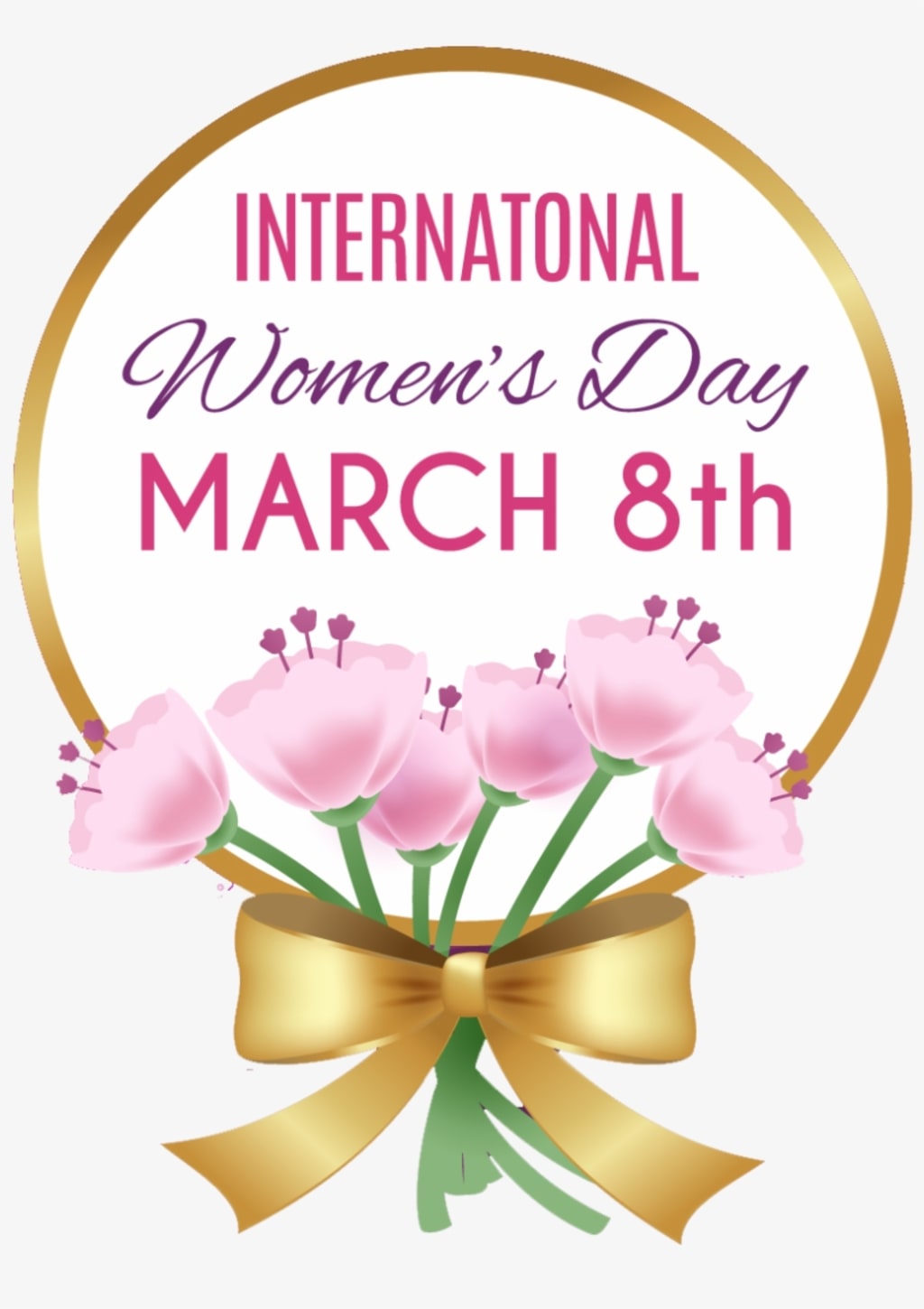International Women's Day
Celebrating Women's Achievements and Addressing Inequalities

International Women's Day: “DigitALL: Innovation and technology for gender equality,”
International Women's Day is a global event celebrated annually on March 8th to recognize the social, economic, cultural, and political achievements of women, and to advocate for gender equality. The theme for this year's International Women's Day is #ChooseToChallenge, which encourages individuals to challenge gender bias and inequality in their personal and professional lives. In this article, we will explore the history and significance of International Women's Day, as well as some of the challenges and opportunities that women face today.
History of International Women's Day
The roots of International Women's Day can be traced back to the early 20th century, when women in Europe and the United States were fighting for better working conditions, suffrage, and other social and political rights. The first National Women's Day was observed in the United States on February 28th, 1909, organized by the Socialist Party of America. In 1910, an international conference of socialist women in Copenhagen, Denmark, proposed the establishment of an annual Women's Day to promote women's rights and universal suffrage. The following year, on March 19th, 1911, International Women's Day was celebrated for the first time in Austria, Denmark, Germany, and Switzerland, with rallies and demonstrations calling for women's right to vote, work, and hold public office.
In the decades that followed, International Women's Day became a global event, celebrated in countries around the world, with different themes and slogans. In 1975, the United Nations officially recognized International Women's Day, and since then it has become an important occasion to raise awareness of women's issues and advocate for gender equality.
Significance of International Women's Day
International Women's Day is an important opportunity to celebrate the achievements of women in all fields, from politics and business to science and the arts. It is a time to recognize the contributions that women have made to society, and to highlight the challenges and inequalities that they continue to face.
One of the main goals of International Women's Day is to promote gender equality, which means ensuring that women and men have equal opportunities, rights, and access to resources. This includes equal pay for equal work, access to education and health care, and protection from violence and discrimination. While progress has been made in many areas, there is still a long way to go to achieve true gender equality.
Challenges and Opportunities for Women Today
Despite the progress that has been made, women continue to face significant challenges in many parts of the world. Some of the most pressing issues include:
• Gender-based violence: Women and girls are disproportionately affected by violence, including sexual harassment, domestic violence, and human trafficking. According to the World Health Organization, one in three women worldwide has experienced physical or sexual violence at some point in their lives.
• Discrimination and inequality in the workplace: Women are often paid less than men for doing the same job, and are underrepresented in leadership positions. The gender pay gap remains a significant issue in many countries, with women earning an average of 23% less than men globally.
• Lack of access to education and health care: In many parts of the world, women and girls have limited access to education and health care, which can have a negative impact on their well-being and future prospects.
• Political underrepresentation: Women are still underrepresented in politics and decision-making roles, with only 25% of parliamentary seats held by women globally.
However, there are also many opportunities for women to thrive and make a positive impact in their communities and the world. Some of the most inspiring examples of women's achievements include:
• Leadership and Influence: Women are increasingly taking on leadership roles in politics, business, and other fields, and making a significant impact. For example, Kamala Harris became the first female Vice President of the United States in 2021, while Angela Merkel served as the Chancellor of Germany for 16 years. Women are also starting their own businesses, creating innovative solutions to social and environmental problems, and driving change in their communities.
• Science and Technology: Women are making important contributions to science, technology, engineering, and mathematics (STEM) fields, despite facing barriers and discrimination. For example, Dr. Nergis Mavalvala is a Pakistani-American astrophysicist who co-led the team that detected gravitational waves in 2015, while Dr. Shafi Goldwasser is a computer scientist who has made significant contributions to cryptography and complexity theory.
• Arts and Culture: Women are also making their mark in the arts and culture, challenging stereotypes and bringing new perspectives to literature, music, film, and other forms of creative expression. For example, the Nigerian author Chimamanda Ngozi Adichie has become a leading voice on feminism and African identity, while the film director Ava DuVernay has tackled issues of race and social justice in her work.
• Activism and Advocacy: Women have played a crucial role in social and political movements throughout history, from the suffragette movement to the #MeToo movement. Women's rights activists such as Malala Yousafzai, Tarana Burke, and Greta Thunberg have inspired millions of people around the world to take action on issues such as education, sexual harassment, and climate change.
Conclusion
International Women's Day is an important occasion to celebrate the achievements of women, recognize the challenges they face, and advocate for gender equality. While progress has been made in many areas, there is still a long way to go to achieve true gender equality. By choosing to challenge gender bias and inequality in our personal and professional lives, we can all contribute to a more just and equitable world for women and girls. Let us celebrate the incredible achievements of women and strive towards a more gender-equal future.






Comments
There are no comments for this story
Be the first to respond and start the conversation.